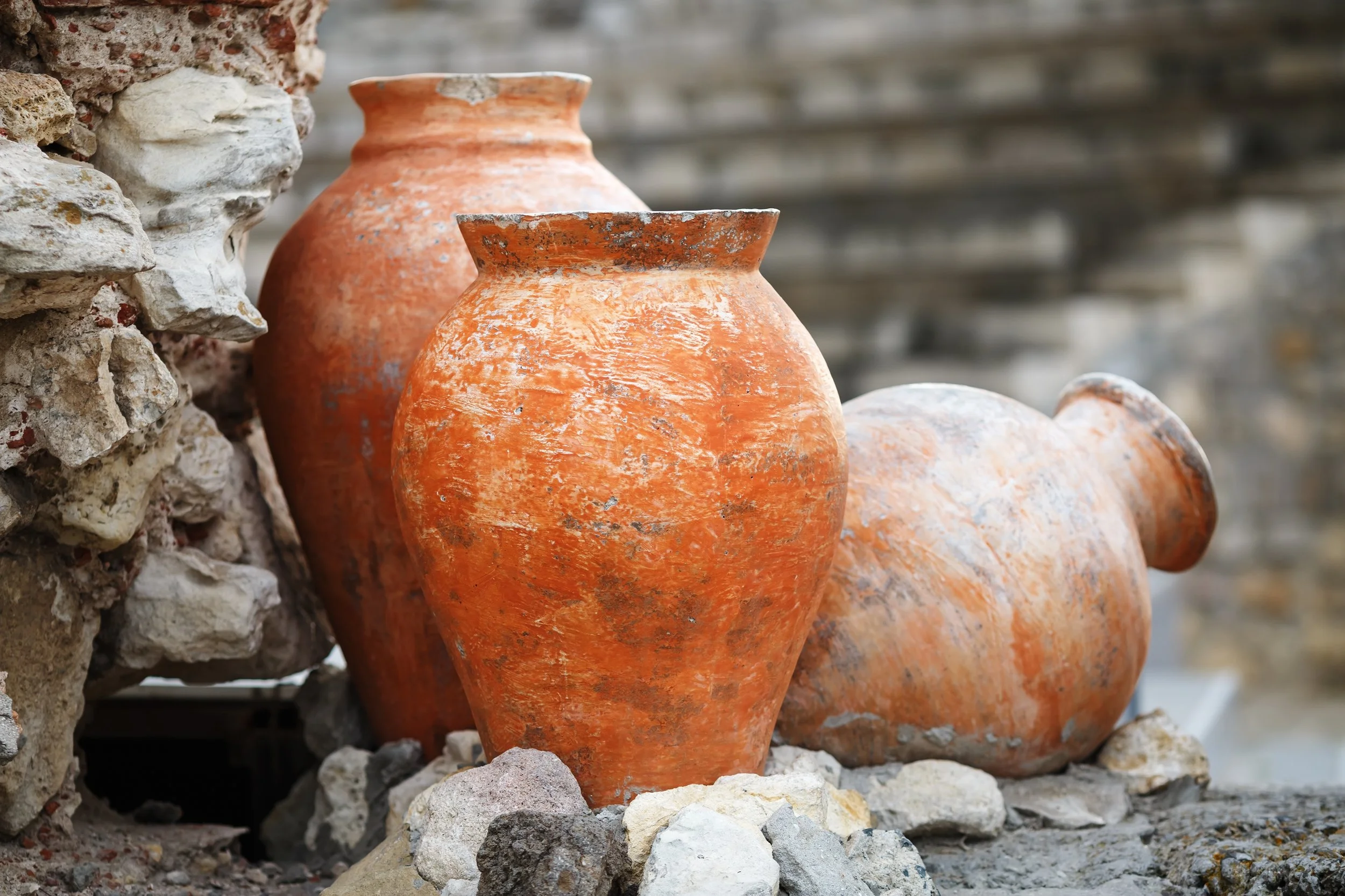The Parable of the Rich Fool, Luke 12:13-21
The parable of the rich fool is, on the one hand, a challenge to the defenders of the status quo, especially the rich, the privileged, and the powerful; and, on the other hand, it is a reminder of the folly of living for the sake of personal accumulation of material goods. Vv. 13-15 set the context of the story. A man in the crowd asked Jesus to persuade his brother to give him his share of the inheritance. It was common among Jews to go to a rabbi to resolve conflicts or disputes of different kinds. Here, the primary heir (elder brother) had probably refused to divide the family inheritance, perhaps for the purpose of investing it. The secondary heir (younger brother) did not like the idea and wanted his money immediately, so he came to Jesus and asked him to serve as an arbiter. Jesus refused and, in passing, warned the people against the sin of covetousness, “for a man’s life does not consist in the abundance of the things he possesses” (v. 15).
Then, Jesus told the story of a rich fool who was blessed with a bumper harvest, so much so that his storage places were insufficient. He made plans to tear them down and build much larger ones; he reveled as he thought of the pleasures his fortune would provide for him “for many years.” But God told him: “You fool! This very night your life will be demanded from you. Then who will get what you have prepared for yourself?” (v.20). Jesus concluded the story with a second warning, “So is he who lays up treasure for himself and is not rich toward God” (v. 21).
Although the Bible does not condemn the very fact of having riches, it presents them as a hindrance to pious living and eternal salvation. Take Luke 18:23-24 for example: “When the man heard this, he was greatly distressed, for he was very rich. When Jesus saw him so afflicted, he said, ‘How hard it is for the rich to enter the kingdom of God! In fact, it is easier for a camel to go through the eye of a needle than for a rich man to enter the kingdom of God.”
Jesus describes riches as thorns in the Parable of the Soils in Matthew 13:22: “The one who received the seed that fell among thorns is the one who hears the word, but the worries of this life and the deceitfulness of riches choke it. Therefore, the seed does not bear fruit.” Riches are deceptive because they give us a false sense of security and a wrong perception of what matters in life. They make us believe that their abundance is the source of our intrinsic worth. Furthermore, they stimulate our greed and, once we’re dominated by it, we forget to bless our neighbors and our community of faith; we lock ourselves in our little worlds and fabricate all kinds of justifications for our selfishness. This leads us to become incapable of loving, as John wrote: “if anyone has the world’s goods and sees his brother in need, and closes his heart against him, how does the love of God abide in him? My little children, let us not love in word or in tongue, but in deed and in truth” (1 John 3:17-18).
Jesus presents us with an alternative way of living in Luke 12:22, 29, 31:
Therefore I say to you, do not worry about your life, what you will eat; nor about the body, what you will put on. Life is more than food, and the body more than clothing… Therefore, do not worry about what you will eat or what you will drink, nor be anxious about it. But seek the kingdom of God, and all these things will be added to you.
Living for the kingdom of God is the antithesis of living selfishly. It means being rich “toward God,” that is, investing in the kingdom of God, “enjoying this world, as though we had no enjoyment, for the form of this world is passing away’ (1 Corinthians 7:31).
Indeed, “this world is passing away” and that’s another aspect of Jesus’ teaching in this parable. Like the rich fool, we too sometimes make plans “for many days,” as if we had control over the number of our days in this world. Sooner than we expect, we will be in the presence of God, either because we will die or because Christ will suddenly return to the world. Then it will be time to give an account of how we used the blessings received from Him. Let us therefore hasten to share the abundant harvest among the needy instead of accumulating it in larger barns. The following quote taken from the book of Sirach (a Jewish text that is part of the Apocrypha) is appropriate as a conclusion:
He who loves gold will not be justified,
and he who pursues money will be led astray by it.
Many have come to ruin because of gold,
and their destruction has met them face to face.
It is a stumbling block to those who are devoted to it,
and every fool will be taken captive by it.
Blessed is the rich man who is found blameless,
and who does not go after gold.
Who is he? And we will call him blessed,
for he has done wonderful things among his people.
Who has been tested by it and been found perfect?
Let it be for him a ground for boasting.
Who has had the power to transgress and did not transgress,
and to do evil and did not do it?
His prosperity will be established,
and the assembly will relate his acts of charity.
(Sirach 31:5-11, RSV)







